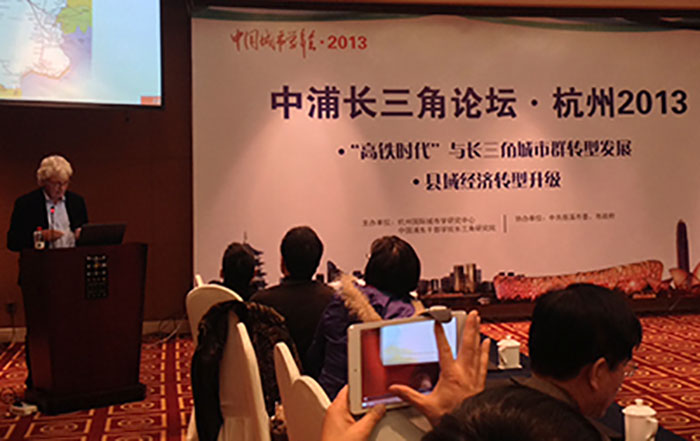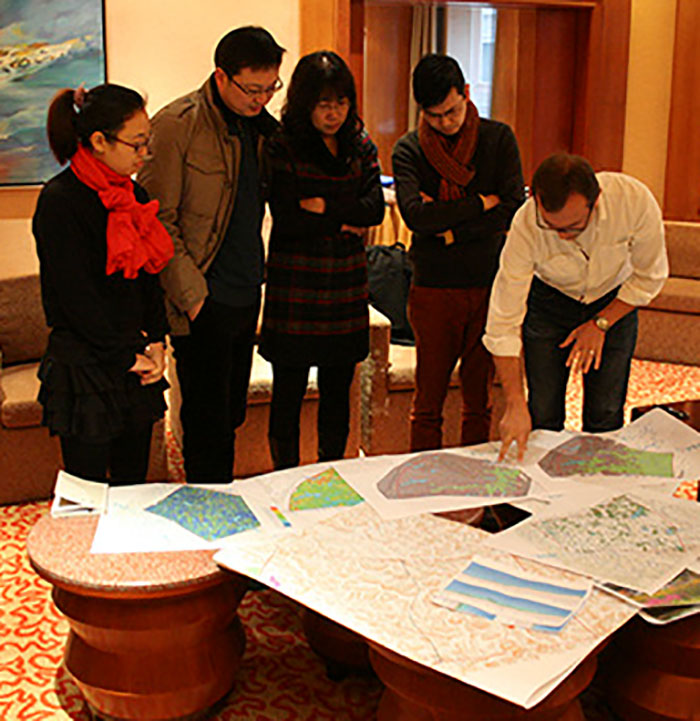Seeking opportunities overseas is an attractive option for many practices which are already established in the UK. The benefits of working internationally range from reducing your dependency on the domestic market to exposing your practice to new ideas.
The RIBA has published a guide to support practices that are interested in working internationally or have already started to develop international business opportunities.

Dr Catherine Raines, Chief Executive of the Department for International Trade (DIT) recognises the benefits of working internationally: ‘exporters of all sizes are more productive, innovative and resilient to economic downturns than non-exporters’.
Where there are opportunities there are usually risks, also. The risks to working internationally can be broadly categorised as either internal or external. Internal risks include a lack of skills or expertise, inadequate financial capacity and lack of appropriate service quality. External risks include insufficient information about the market and competition, inadequate contacts and networks and exposure to unfamiliar languages, cultures and business environments.
Therefore, the first thing you should do is thoroughly asses your available resources, skills and capacity to work internationally.
When the award-winning practice John Thompson & Partners (JTP) were looking to work in China, they approached the task in a strategic way.
Joanna Allen, a partner at JTP, realised they needed to understand the market better ensure they could tailor their offer to the demand.
“Parts of China were unfamiliar to us so it was vital to talk to people and investigate the market potential of various regions; otherwise, we would have concentrated our efforts solely on Shanghai and restricted our growth potential.”
Initially, the best places to target appeared to be the second-tier cities, where development was at its peak, but JTP’s research revealed a different story. As Joanna explained:
“We quickly discovered that many of these rapidly developing areas lacked the sophistication of the larger cities. They tended to be building large areas fast and at a very high density, without many social, cultural or environmental considerations. To succeed in these areas, we would have had to change our philosophy, which we weren’t prepared to do.”
Instead, Joanna discovered JTP’s approach was a very good fit with the areas around Shanghai, Hangzhou, Suzhou and Shenzhen. The research also clearly showed that a face-to-face approach was essential for doing business in China.
As a consequence, JTP teamed up with a local partner in Hangzhou and opened a small office in Shanghai, focusing initially on the major conurbations. The office was invaluable for being able to visit clients regularly and for building strong relationships. Within two years of the research visit, JTP had won 20 projects in China, accounting for 15% of its turnover.

The RIBA has published a guide to support practices that are interested in working internationally or have already started to develop international business opportunities. The guide includes information on where to begin and how to make it happen as well as case studies from practices who are successfully working internationally.









